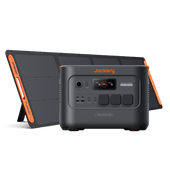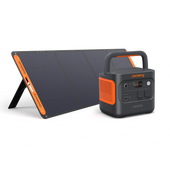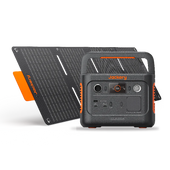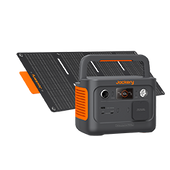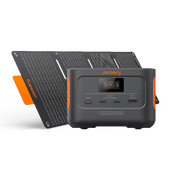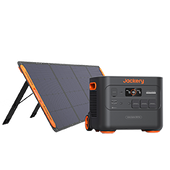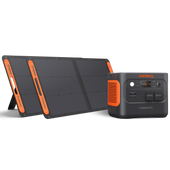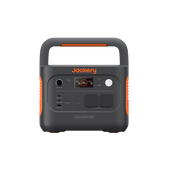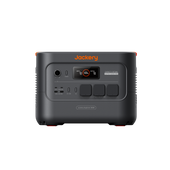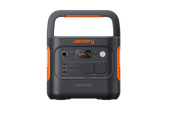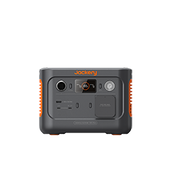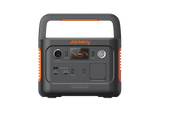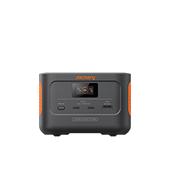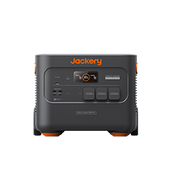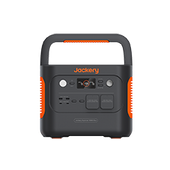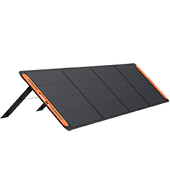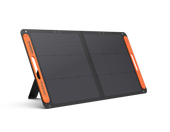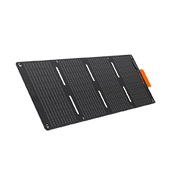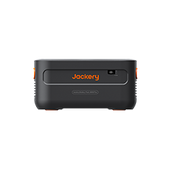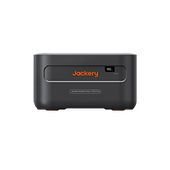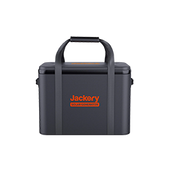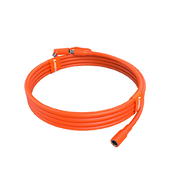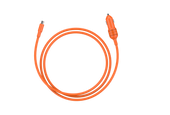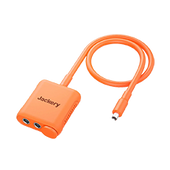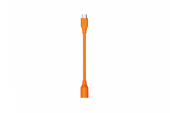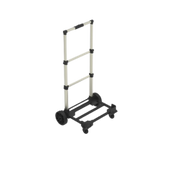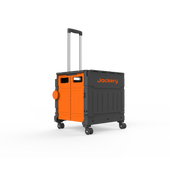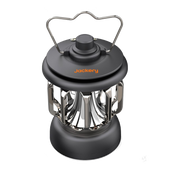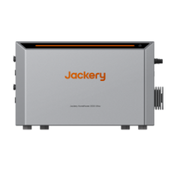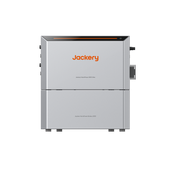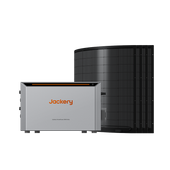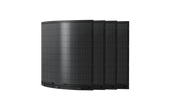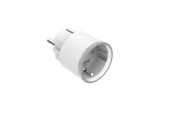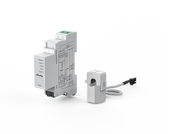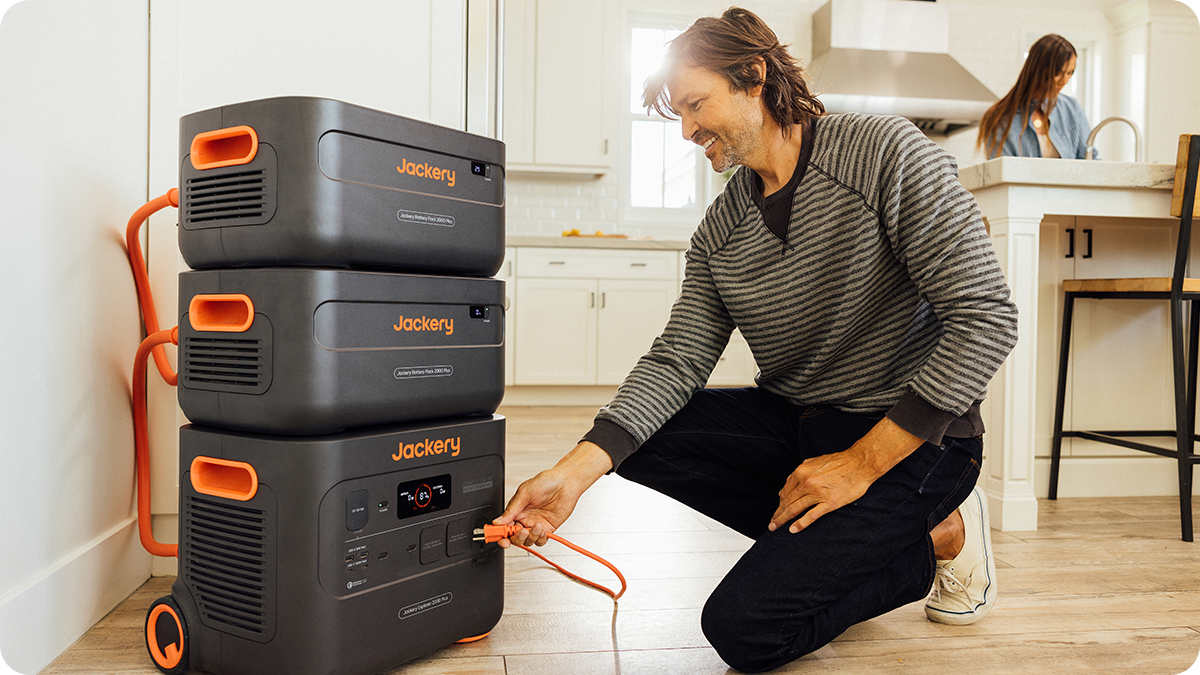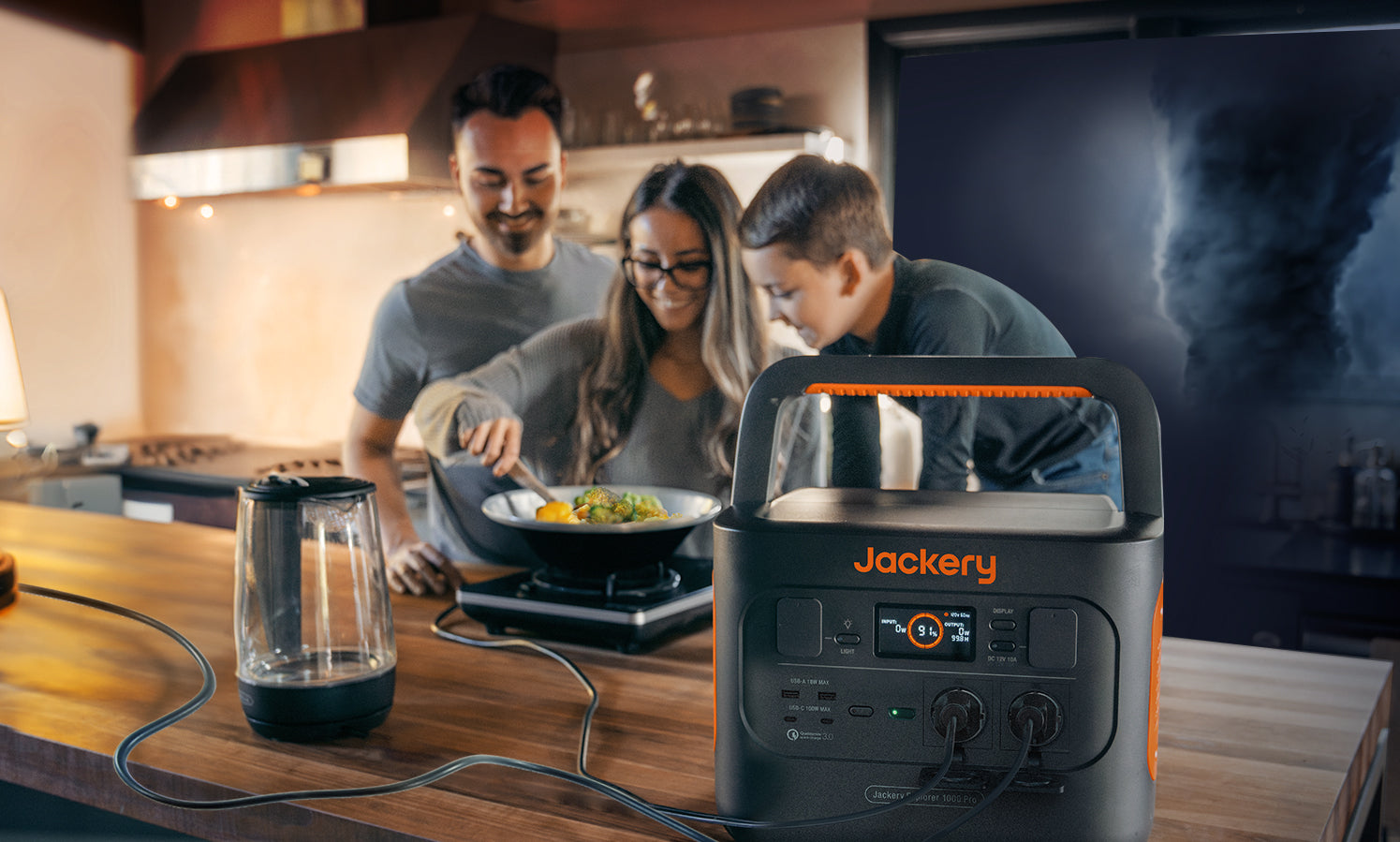What is an off-grid Solar Inverter?
An off-grid solar inverter is a key component of a solar power system. It converts the direct current (DC) electricity generated by solar panels into alternating current (AC), making it compatible with household appliances. Unlike grid-tied inverters, which feed excess energy back into the public grid, off-grid inverters work independently. They store energy in batteries and provide electricity when needed.
Why is an off-grid Solar Inverter Important for Rural Europe?
In many rural areas of Europe, access to a stable power grid is limited or unreliable. This makes off-grid solar power systems essential for homes, farms, and remote businesses. A high-quality off-grid solar inverter ensures a steady power supply by efficiently managing energy flow between solar panels, batteries, and appliances. Here are some factors highlighting their importance for off-grid living, especially in rural Europe.
- Energy Independence: Many rural households in Europe rely on diesel generators, which are expensive and create pollution. Switching to solar with an off-grid inverter will reduce fuel costs and allow you to contribute to a cleaner future.
- Reliability in Remote Areas: Power outages are frequent in isolated locations. A robust off-grid solar system with an efficient inverter can ensure an uninterrupted electricity supply.
- Scalability: In rural settings, energy needs may grow over time. The right off-grid solar inverter will allow system expansion, accommodating additional solar panels or batteries as required.
In short, choosing the right off-grid solar inverter is crucial for those living off the grid in rural Europe. It maximizes efficiency, ensures reliability, and achieves full energy independence.
Common Mistakes People Made When Choosing Off-Grid Solar Inverters
Selecting the right off-grid solar inverter is crucial for a reliable and efficient solar power system. However, many people make costly mistakes when choosing an inverter, which eventually leads to poor performance, frequent breakdowns, or unnecessary expenses.
Here are the most common mistakes and how to avoid them:
Choosing the Wrong Power Rating
Many buyers underestimate or overestimate their energy needs. An off-grid solar inverter that is too small will become overloaded, causing frequent shutdowns. On the other hand, an oversized inverter wastes energy and increases costs. The correct power rating depends on the total wattage of the appliances you plan to run simultaneously. Calculating peak and continuous power demands will help ensure the optimal performance of your system.
Ignoring Battery Compatibility
The off-grid battery is the heart of your power system, and not all inverters are compatible with all battery types. Mismatched inverters can lead to inefficient charging, shorter battery life, and even damage. It is essential to check voltage requirements and ensure your inverter supports your off-grid battery, whether it is lead-acid, lithium-ion, or another type.
Skipping MPPT
Some off-grid inverters come with Maximum Power Point Tracking (MPPT), which optimizes energy harvesting from solar panels. Choosing an inverter without MPPT can result in significant energy loss, especially in areas with variable sunlight. On the other hand, an off-grid solar inverter equipped with MPPT technology maximizes the efficiency of your panels and improves overall system performance.
Focusing Only on Initial Cost
Many people prioritize the cheapest option without considering long-term efficiency and durability. A low-cost, off-grid solar inverter usually has lower efficiency, which eventually leads to energy waste and increases overall electricity costs. Investing in a high-quality inverter with good efficiency ratings and durability may cost more upfront but will save money in the long run.
Not Considering Future Expansion
Energy needs may increase over time, especially for off-grid homes or businesses. You will need a costly upgrade later if you choose an off-grid solar inverter that cannot handle additional off-grid batteries or solar panels. However, selecting an inverter with scalability options will ensure flexibility for future expansion.
Overlooking Warranty and Support
Technical issues will arise, and without a reliable warranty and customer support, troubleshooting problems can be expensive and time-consuming. A good off-grid solar inverter should have a solid warranty and accessible customer support to help you maintain a stable off-grid solar power system. This is something you can only expect from reputable companies.
Hidden Costs of Using The Wrong Inverter
Choosing the wrong off-grid solar inverter can lead to unexpected expenses that reduce the long-term benefits of your off-grid solar power system. Here is how a poor inverter selection can significantly increase costs:
Increased Energy Bills
An inefficient off-grid solar inverter wastes energy during conversion, requiring more solar input to produce the same amount of usable electricity. Over time, this inefficiency leads to increased energy consumption from your off-grid battery, forcing you to invest in additional panels or batteries to compensate for the losses.
Higher Maintenance Costs
Low-quality inverters often require frequent repairs due to overheating, improper load handling, and poor circuit design. A failing off-grid solar inverter can also strain your off-grid battery and other system components which leads to premature failures and costly replacements. Investing in a high-quality inverter reduces these maintenance costs and extends the lifespan of your system.
Energy Loss Due to Inverter Inefficiency
Not all inverters operate at the same efficiency level. An inadequate off-grid solar inverter might only convert 80% of the solar energy into usable electricity, meaning 20% is wasted. Over time, this wasted energy reduces system efficiency and makes off-grid solar power systems less effective.
Additional Installation Costs
Some low-cost inverters are incompatible with standard off-grid battery setups or require extra components such as charge controllers or voltage regulators. This increases installation complexity and cost. On the other hand, a compatible inverter makes installation easier and also reduces extra costs.
Shorter Lifespan of System Components
A poor-quality off-grid solar inverter can cause power fluctuations, damage sensitive appliances, and reduce the lifespan of batteries, solar panels, and other components. Frequent voltage spikes and poor charging can wear out your off-grid battery faster. This means you will need to replace the battery sooner, which will add to the overall costs of the system.
Frequent voltage spikes and inefficient charging cycles can degrade your system’s battery faster. As the battery deteriorates, you will need to replace it sooner, increasing the overall system cost.

Why a Solar Generator is a Better Alternative?
A solar generator is a compact, all-in-one solution that combines solar panels, a battery, and an inverter into a single unit. Unlike traditional off-grid solar kits, which require separate components like an inverter, charge controller, and battery, a solar generator has a built-in inverter and battery. This simplifies installation, resolves compatibility issues, and improves system efficiency.
Here are some benefits of using a solar generator with built-in components:
Built-in Compatibility and Efficiency
One of the biggest challenges with traditional off-grid solar kits is ensuring that the off-grid solar inverter, battery, and charge controller work seamlessly together. A solar generator eliminates this issue by integrating these components into a single unit, optimizing energy conversion and storage. This, in turn, reduces energy loss and maximizes efficiency.
Lower Installation and Maintenance Costs
Installing a traditional off-grid solar power system requires technical expertise, proper wiring, and compatibility checks between components. A solar generator, however, is plug-and-play and requires minimal setup. This eliminates extra installation costs and reduces the risk of costly mistakes.
Moreover, all components in a solar generator are designed to work together, which makes maintenance simpler and less frequent compared to systems with separate off-grid solar inverters.
Increased System Longevity
Using the wrong off-grid solar inverter can shorten the lifespan of batteries and other components due to inefficient charging and power fluctuations. A solar generator is designed to manage power flow efficiently, protecting the battery and other internal components from unnecessary strain. This extends the system's lifespan and reduces replacement costs.
Portability and Flexibility
Solar generators are portable, unlike traditional off-grid solar kits, which require fixed installations. This makes them ideal for various applications, including camping, RVs, tiny homes, and emergency backup power. Users can move their power source as needed without the hassle of dismantling an entire system.
Reliable Backup Power
Power outages are a major concern in remote areas around Europe. While a poorly chosen off-grid solar inverter may fail under heavy loads or during voltage fluctuations, a solar generator provides stable and reliable backup power. Many models feature intelligent battery management systems that optimize energy use and prevent power loss, ensuring continuous electricity supply even in emergencies.
Jackery Solar Generators: A Reliable Off-Grid Power Solution for Rural Europe
Jackery is a trusted name in the off-grid power station industry, providing reliable and efficient solar generators for various needs. Whether you live in a rural European area prone to power outages or require a portable power solution for outdoor adventures, Jackery’s solar generators offer a dependable alternative to traditional off-grid solar inverters. Two of our models are particularly well-suited for those looking for an all-in-one energy solution without the hassle of setting up off-grid solar kits.
Jackery Solar Generator 2000 v2: Power for All Your Needs
The Jackery Solar Generator 2000 v2 is a high-capacity off-grid solar generator designed to power essential appliances and electronic devices during power outages and off-grid living. With a 2042Wh capacity and 2200W output, this unit can run most household devices, from refrigerators and heaters to power tools and communication equipment. For those living in rural areas of Europe, where power disruptions are more frequent, the generator can ensure a stable energy supply without relying on grid electricity.
The Jackery Solar Generator 2000 v2 supports multiple charging options, including:
- Wall Charging: Fully recharges in just 1.7 hours
- Car Charging: Takes 24 hours, ideal for long road trips
- Solar Charging using 2 SolarSaga 200W solar panels: Recharges in 5.5 hours, making it perfect for off-grid living
With ChargeShield 2.0 protection technology, the solar generator offers 62 layers of safety features, ensuring reliability even in harsh weather conditions. Moreover, its ultra-quiet operation (≤30dB) makes it an excellent choice for home and outdoor use.

Jackery Solar Generator 1000 v2: Compact and Reliable Backup Power
For those who need a more compact but powerful backup system, the Jackery Solar Generator 1000 v2 is a perfect choice. This solar generator, featuring a power station that is 18% smaller than the previous version, is the most compact and lightweight 1kWh LiFePO₄ solution available. This makes it ideal for people in rural European areas who experience occasional power outages and need a portable and reliable backup power solution.
With a 1070Wh capacity and 1500W output, the generator can power essential devices like medical equipment (e.g., CPAP machines), communication devices and kitchen appliances. A key feature of the Jackery Solar Generator 1000 v2 is its ultra-fast charging capability. It can be fully charged in under one hour using the Emergency Charge Mode via the app, making it a game-changer for those who need power in urgent situations. The generator also supports:
- Wall Charging: Full charge in 1.7 hours
- Solar Charging using 1 SolarSaga 200W solar panel: Full charge in 7.5 hours
- Car Charging: Full charge in 12 hours
Additionally, its LiFePO4 battery offers 4000 charge cycles, ensuring it remains reliable for at least 10 years.

Conclusion
Discussing all the factors, we can conclude that using the wrong off-grid solar inverter can lead to higher energy bills, increased maintenance costs, energy loss, and a shorter lifespan for system components.
To avoid these hidden costs, upgrading to a high-quality solar generator is a smarter choice. A solar generator offers built-in compatibility, better efficiency, and hassle-free installation, eliminating the risks of mismatched components.
Investing in a reliable off-grid power station from a reputable brand like Jackery will ensure long-term savings, energy security, and a seamless transition to sustainable living. Choose wisely and make the most of your solar energy!


